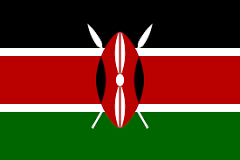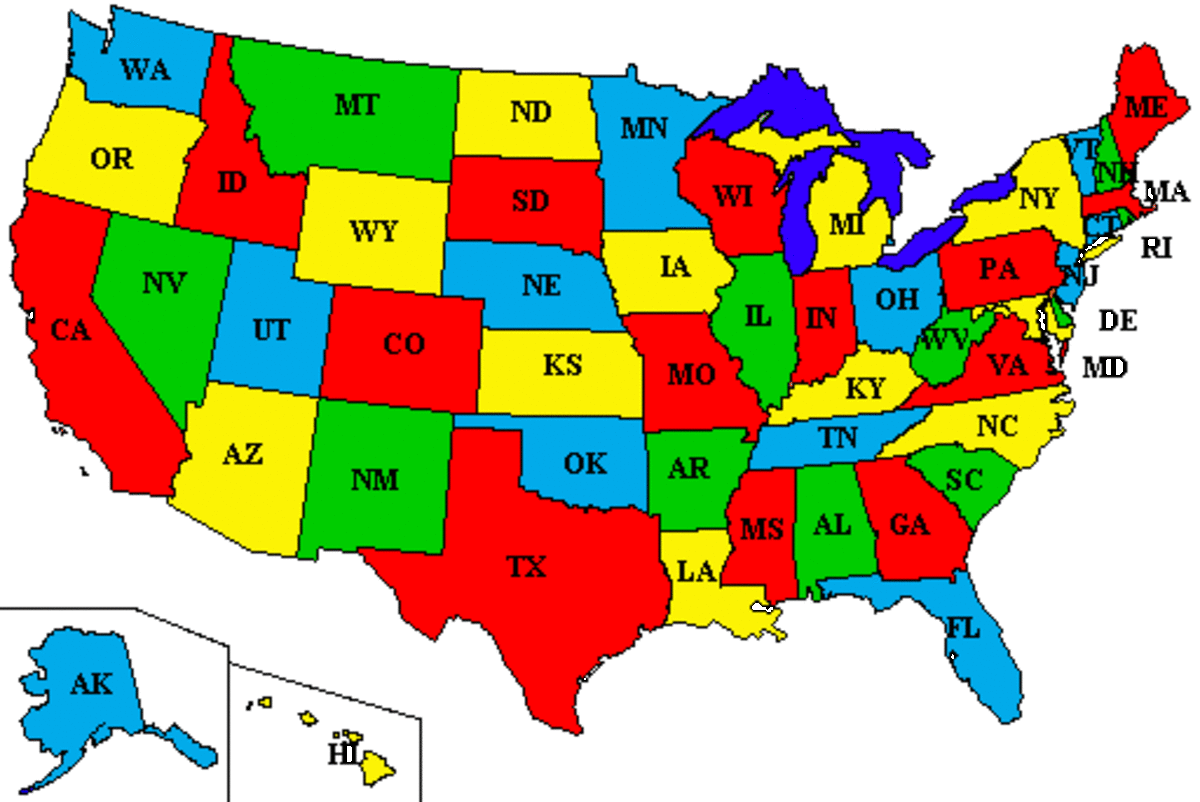How to Communicate in Kenya

Introduction
This hub provides insights regarding key aspects of communicating with a Kenyan resident. We will first begin this analysis by presenting the general overview of the country (Kenya) regarding language, people, religion, orientation before explaining key communication aspects.
Language
Swahili and English are the official languages of Kenya, although the country is multilingual. Over 60 different languages are spoken in the country. African tribal dilacts make up of the majority of languages in Kenya. Asian and middle-eastern languages by descendants of foreign settlers are a minority of the spoken. The African language group comes from the Bantu, who are the majority, followed by Nilotic, and Cushitic in that order.
Society and Culture
People
As illustrated by Proquest (2009), Kenya contains a mixture of tribes. There are 13 major ethnic tribes and 27 smaller tribes. Bantu makes the majority of the population with Kamba, Luhya, and Kikuyu leading. There are also the tribes from the Nile group, for example, the Pokots, the Marakwets, Sabaots, and Tesos. The Cushitic people include Samburu, Somalis, and Borana. On the other hand, about 13.5% Kenyans comprise; the Indian, Arab and the European.
The Religion
In Kenya, there is Freedom of worship according to what the constitution says. The majority of the residents are Christians, while Muslim make up of 10% and the remaining percentage is Hindus and those who believe in local African religions. Christians are spread all over the country, but majorities are found in central and the western sections of the country. Muslims are located mainly in the coast region and the northern parts of the county and in particular among the Cushitic.
Orientation
Kenyans believe in the spirit of togetherness. The ethnic group practices this ancient principle with its roots to include herding or farming. “Harambee”, (a common phrase in Kenya), is a rallying call for the whole country to unite in order to, achieve a common purpose. Kenyans are a hard working people, and believes in the spirit of togetherness.
The Family Roles
In a group- oriented culture, the basis of the social structure begins with the child all the way to the members of the extended family. This comprise of both patronal and marital relatives of the family. In some cases, the patronal grandparents will live with the family when they get to a position they cannot take care of themselves.
Communicating with a Kenyan
a )Meeting and Greeting
In Kenya, a handshake is the most common form of greeting. When greeting someone you know, shaking is prolonged and cordial compared to a stranger. However, women friends will kiss on the cheeks and hug in place of a handshake. If you meet an elder, the greetings are different in that you have to hold the wrist with the other hand while shaking to show respect. The word “Jambo?” meaning “How are you,” is the most common greeting is which is said before or after shaking hands.
After the handshake, you are expected to ask questions about their family, health, business. If you skip this or rush it while greeting, this is seen as a sign of ill manners. In normal cases, people are addressed by their honorific, or academic title then their surname will follow. Women over the age of 21 may be referred as “Mama” and men over 35 as “Mzee”. On the other hand, children refer adults as uncle and aunt even where there is no blood relation.
b) Issuing Gifts
Kenyans give gifts especially for religious significance or during events that are of significances in a person’s life. They do not have to be expensive. As a matter of fact, they preferred practical gifts. The country is not wealthy. Therefore, a gift that one affords is always accepted. It is okay to offer tokens to traders, servants, and even workers during the festive season. In you have invited for dinner at a Kenyan home, you should bring pastries, for the hostess. In the rural areas, presents of tea and sugar are exactable. Be careful with the selection of alcohol unless you are sure your host drinks. Presents are handed by the right hand only, never use the left hand, the left hand is considered disrespect of or bad luck. Alternatively, you can use both hands for an elder. To demonstrates respect.
c) Dining Etiquette
In Kenya, table manner is formal; the way to blend in is to behave in a formal way. When in doubt, take a look at what the hosts are doing and try to emulate, but in the normal case, it is easy to follow. Before the meal is served, guest is expected to wash hands and after the meal is done.
As a norm, the guest is served first, then the men, children, and lastly the women. Before eating begins, you have to wait until all the people on the table are served and have started eating as a courtesy. It is advisable to take an amount you can manage the first time the platters comes. In Kenya, beverages are not are not part of the meal. The drinks are served after eating. It is advisable to finish clear your plate, although it is not a must because leaving food on is seen as impolite.
d)Business Etiquette
In Kenya, it is not normal to have a direct and frank conversation on a business matter. Kenyans will always conduct themselves to the laws and regulation of the day. They will use gestures, analogies, and metaphors to bring out what the point they wish to pass across. You may consider modesty in Kenya if you are from a culture that values directness. Kenyans are uncomfortable with blunt statements; it is up to you to figure out what they might have said, or you may miss the whole point altogether.
Kenyans speak in a low tone, and loud voices are only heard in the event of a disagreement. However, in rural area speaking in loud tones is acceptable. In urban areas, pitched sounds will be assumed for mental illness. Kenyans pride themselves on being in control of their emotions all the time.








